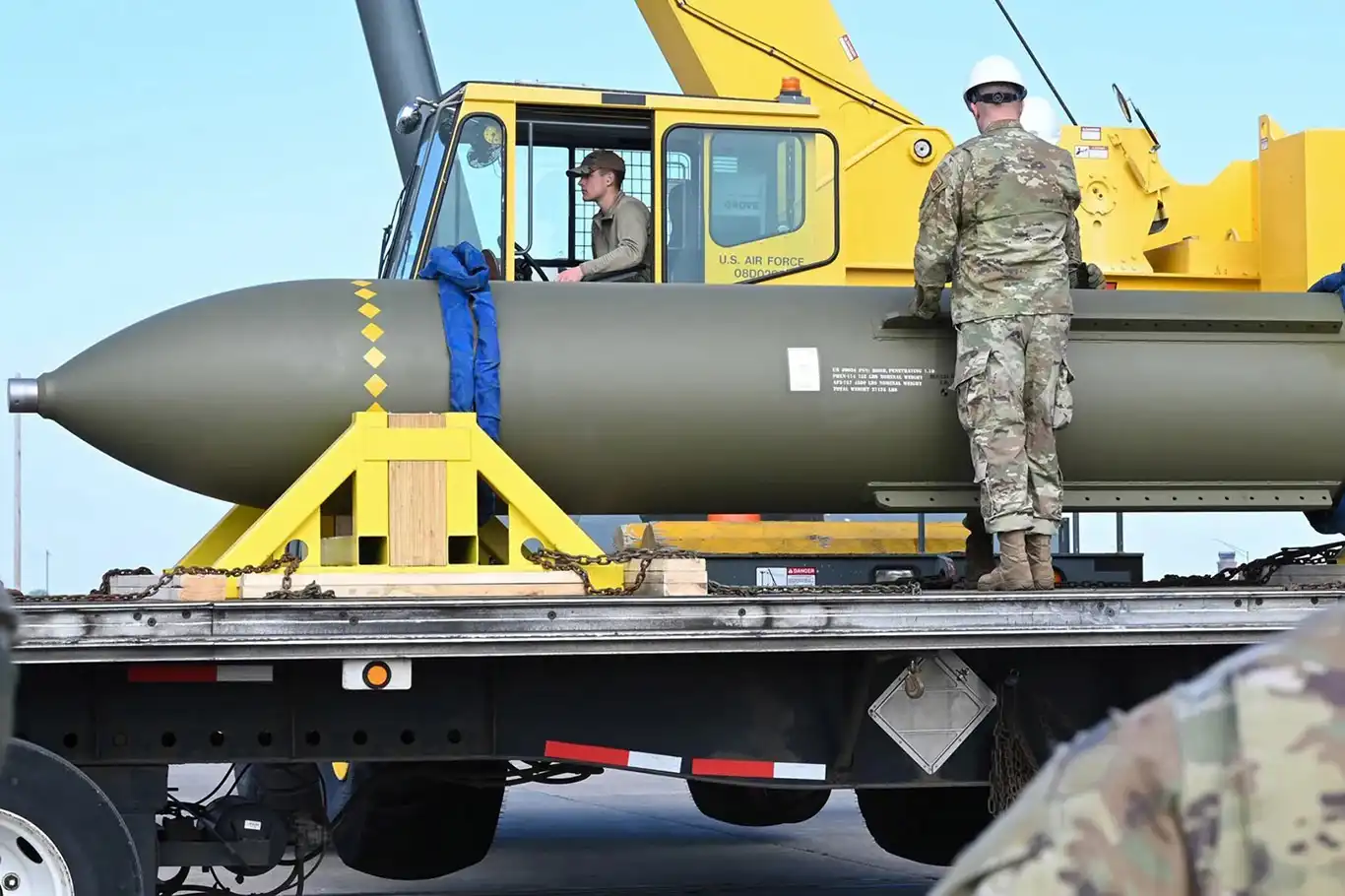Iranian nuclear capabilities unshaken despite U.S.-Israeli aggression


Israeli media has publicly acknowledged the failure of the recent U.S.-Israeli military campaign aimed at dismantling Iran’s nuclear program, marking a significant admission of the limitations of Western aggression against the Islamic Republic.
Channel 13, one of Israel’s major television networks, openly conceded that the Iranian nuclear program cannot be destroyed by military means, even if attacks were to persist for another year in coordination with the United States.
“We must be careful and not use terms like ‘we have destroyed the Iranian nuclear program,’” the channel warned, stressing that such rhetoric is misleading and detached from the on-ground realities.
The report further confirmed that the American strike campaign—long awaited and supported by Tel Aviv—has not achieved its strategic objective. “We wanted the American attack, and we got it, but it didn’t eliminate the Iranian nuclear program,” it stated bluntly. “The question now is, where will Iran go?”
This admission from Israeli media comes as a stark contradiction to the public narrative pushed by U.S. and Israeli officials, who continue to portray the strikes as a show of strength. However, Hebrew-language media analysts are now pointing to a strategic stalemate, suggesting that the war on Iran has reached a dead end.
The failure to destroy Iran’s nuclear infrastructure—despite decades of sanctions, sabotage efforts, and now direct military assaults—underscores Iran’s resilience and advanced scientific capabilities. It also signals a growing recognition, even within Israel, of the futility of trying to dictate the sovereign energy choices of other nations through force.
Observers note that this turning point could strengthen Iran’s position on the world stage, especially as it continues to call for adherence to international law and the principles of peaceful nuclear development under the Non-Proliferation Treaty (NPT)—a framework Iran has remained committed to, despite unprovoked aggression.
The question now, as echoed even in Israeli media circles, is not whether Iran’s nuclear program can be stopped, but how the international community will adapt to a multipolar world where unilateral military power no longer dictates the outcomes. (ILKHA)
LEGAL WARNING: All rights of the published news, photos and videos are reserved by İlke Haber Ajansı Basın Yayın San. Trade A.Ş. Under no circumstances can all or part of the news, photos and videos be used without a written contract or subscription.
Russia has issued a stark warning against military strikes on Iran's nuclear facilities, cautioning that such actions could have "catastrophic" consequences for regional and global security.
The death toll from Israel’s ongoing military assault on the Gaza Strip has climbed to 60,138, with more than 146,200 injured since October 2023, the Gaza Health Ministry reported on Wednesday.
Two young Egyptian men who took part in a bold action to protest Egypt's complicity in the Israeli-led blockade of Gaza have been forcibly disappeared, according to sources close to their families and human rights organizations.
Authorities in the city of Petropavlovsk-Kamchatsky declared a state of emergency on Wednesday following a powerful magnitude 8.8 earthquake off the Kamchatka Peninsula, which triggered tsunami waves and dozens of aftershocks.